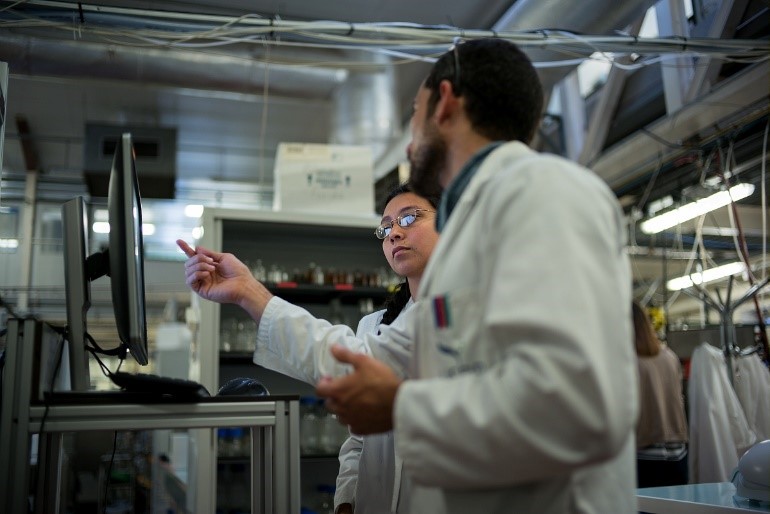Research Infrastructures and their role in the agroecology transition

Similar to Living Labs (LLs), Research Infrastructures (RIs) can have an important role in agroecology transition. They are dedicated to research communities, and allow scientists to observe / experiment / predict agroecosystem and agri-food redesign, but they can be used for education or public services as well. All together they contribute to the collection of scientific knowledge on agroecology, supporting the agroecology transition.
The European Strategy Forum on Research Infrastructures (ESFRI), established in 2002, supports the development of a European research infrastructure policy as a key element of the European Research Area (ERA). As a result, a large number of RIs has been established, covering all scientific domains, with over 50 European Research Infrastructures, boosting the capacity to deliver scientific breakthroughs, that at the same time foster innovation.
A general definition of RIs is given by the Directorate-General for Research of the European Commission:
“Research Infrastructures are facilities that provide resources and services for research communities to conduct research and foster innovation. They can be used beyond research e.g. for education or public services and they may be single-sited, distributed, or virtual. They include: major scientific equipment or sets of instruments; collections, archives or scientific data; computing systems and communication networks; any other research and innovation infrastructure of a unique nature which is open to external users”.
Research Infrastructures support science and innovation following an open science framework in accordance with FAIR principles. This means that research data and digital assets are Findable, Accessible, Interoperable and Reusable.
Research infrastructures can be characterised by the following criteria:
- Long-term and FAIR principles
- Size of the research community that use facilities and services
- Diversity of facilities, of data, of contexts that allow scientific production
- Innovation, education, public services contribution
Research infrastructures can support research to rapidly address the societal challenges Europe and the world are facing and can be key to lead and prepare the necessary economic, social and environmental transitions. Developing agroecology requires a deeper understanding of agroecosystems and of their interactions with nature in the long-term. RIs dedicated to ecosystems can support the research activities that will be developed in the partnership through the provision of scientific data, computing or communication systems or dedicated research sites.
Living labs and research infrastructures, hand in hand, can form efficient instruments to accelerate the transition to agroecology. Therefore, ALL-Ready’s main aim is to prepare and pilot a European network of living labs and research infrastructures to test the principles, criteria and best practices that could move forward the agroecology transition. Find out more about the pilot network here.
Research Infrastructures (RIs) have largely evolved the last years, thanks to the evolution of the research questions and capacities and also to strong political motivation to fund and give value to common tools.

Source pictures: ÖMKi, INRAE
 tap and then scroll down to the Add to Home Screen command.
tap and then scroll down to the Add to Home Screen command.